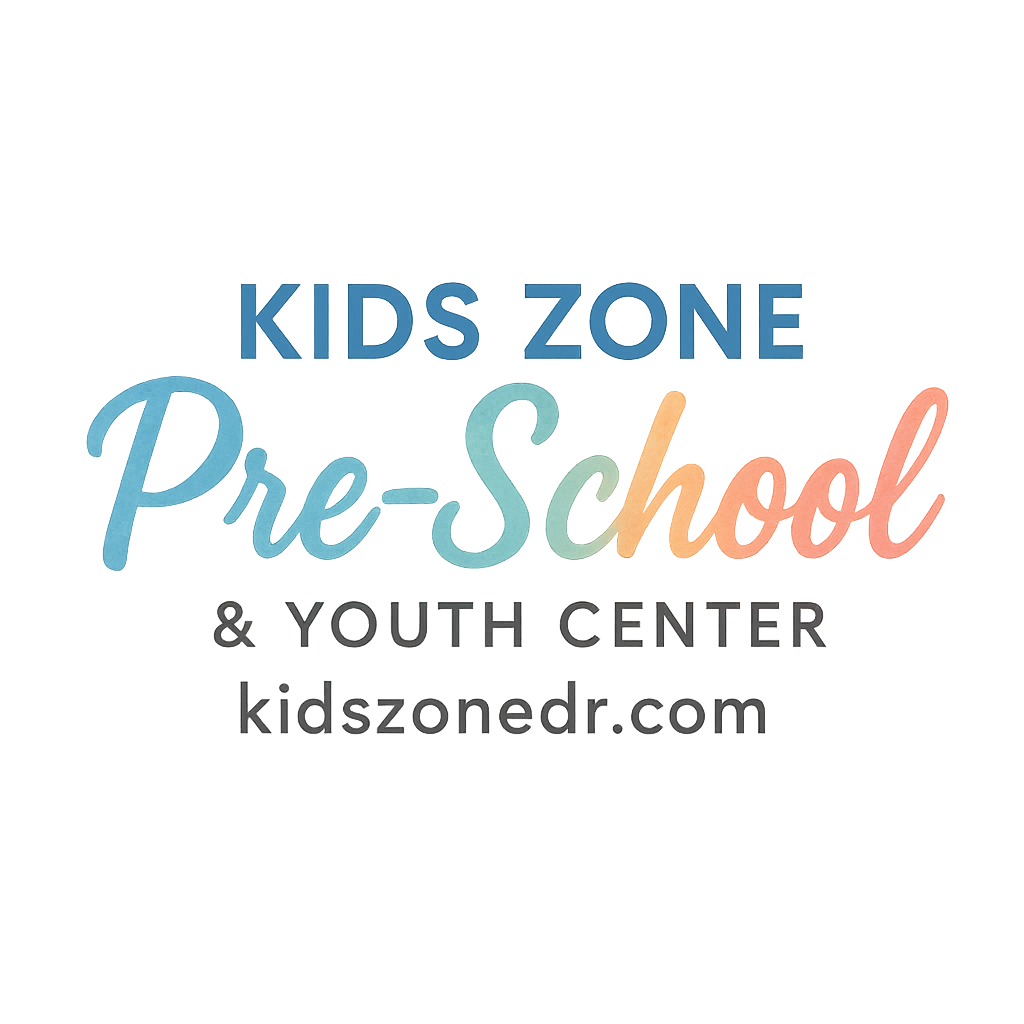Introduction: Why Emotional Intelligence Matters for Preschoolers
Emotional intelligence (EI) is often a buzzword in the adult world, but did you know that preschool is one of the best places for your child to develop this critical skill? The ability to understand, express, and manage emotions isn’t just important for school; it’s foundational to creating a well-adjusted, empathetic, and resilient child. This article explores the 9 emotional intelligence lessons taught in preschool, showing you how early education fosters EI and helps prepare children for future social and academic success. If you are interested in learning more about child development, be sure to check out Preschool Learning and Development.
What Is Emotional Intelligence?
Defining Emotional Intelligence
Emotional intelligence is the ability to recognize, understand, and manage our own emotions, as well as the ability to understand and influence the emotions of others. In preschool, this concept might sound abstract, but it’s broken down into practical lessons that help children interact with their peers and teachers in positive ways. If you’re curious about early education strategies that nurture EI, visit Choosing the Right Preschool.
The Importance of Emotional Intelligence in Early Childhood
EI is crucial for preschoolers because it sets the foundation for healthy relationships, mental well-being, and effective learning. When children can navigate their emotions and social situations, they’re better equipped to handle the challenges that come with growing up. From managing frustration over a spilled cup to understanding the feelings of a friend who is upset, EI lessons in preschool shape the emotional well-being of children well into adulthood. To dive deeper into how EI benefits preschoolers, check out Parenting Strategies and Involvement.
Lesson 1: Recognizing and Naming Emotions
Understanding the Basics of Emotions
Before children can manage their emotions, they need to know what they are feeling. Preschool is the perfect time to introduce the concept of emotions in simple terms. Teachers often use facial expressions, storybooks, and games to help children identify emotions like happiness, sadness, anger, and fear.
Classroom Activities for Emotion Recognition
Preschools might have “emotion cards” with different faces representing various feelings. Teachers ask the children to match the right emotion with situations from their day. This helps children understand their feelings and express them using words like “I feel sad” or “I feel happy.” For ideas on how to incorporate such activities into your daily routine, explore Daily Routines and Activities in Preschool.
Lesson 2: Expressing Emotions Appropriately
Teaching Healthy Emotional Expression
Learning to express emotions appropriately is a vital part of emotional intelligence. In preschool, children are taught to use words rather than actions to communicate how they feel. For instance, if a child feels frustrated, instead of hitting, they might be encouraged to say, “I need a break” or “I’m feeling upset.”
Examples of Expression in Preschool
Teachers encourage role-playing games where children act out different situations, allowing them to practice expressing emotions in a safe environment. These activities help preschoolers feel more comfortable with sharing their emotions in social settings. You can discover more about how preschoolers learn through activities at Preschool Learning and Development.
Lesson 3: Empathy and Understanding Others
Why Empathy Is Key in Preschool
Empathy is the ability to understand and share the feelings of another person. In preschool, children are taught to recognize when their friends are sad, happy, or upset. Learning empathy helps children build connections with others, leading to better relationships and social success later in life. Interested in more ways to promote empathy? Visit Child Talk: How Children Learn Empathy.
Activities that Encourage Empathy
Storybooks, group activities, and guided conversations help preschoolers practice empathy. For example, teachers may read a story about a character who feels lonely, then ask the children how they think the character feels and how they might help.
Lesson 4: Managing Emotions in Challenging Situations
How Preschoolers Can Learn to Self-Regulate
Emotional regulation is the ability to control one’s emotions, especially in difficult situations. This skill is fundamental to developing emotional intelligence, as it helps children handle frustration, anger, and disappointment constructively. For tips on encouraging self-regulation at home, visit Parental Guidance and Emotional Development.
Effective Strategies for Emotional Control
Teachers often teach children breathing exercises or encourage them to count to ten when they’re feeling upset. Simple strategies like these provide children with tools to regulate their emotions, ensuring they respond calmly even when challenges arise. Explore more about emotional well-being in preschool at Health and Safety in Preschool.

Lesson 5: Building Self-Confidence
Why Self-Confidence is Essential for Young Children
Self-confidence is crucial for young children because it impacts their willingness to try new things, make friends, and handle challenges. Preschool is a prime time for nurturing confidence, as children begin to explore their abilities and develop a sense of self.
Promoting Confidence in Preschool Activities
Preschools often give children opportunities to succeed in small tasks—whether it’s drawing a picture or helping set the table. Positive reinforcement and celebrating achievements, no matter how small, boosts self-esteem and encourages a positive self-image. Learn more about promoting confidence in preschool at Preschool Learning and Development.
Lesson 6: Social Skills and Building Friendships
The Role of Preschool in Teaching Social Skills
Preschool is a child’s first real social setting outside of their family, and it provides a perfect opportunity to teach essential social skills. Learning how to share, take turns, and cooperate with others is a key emotional intelligence lesson that children carry with them into later life.
How Social Interactions Help Build Emotional Intelligence
By engaging in group activities like games and collaborative projects, children develop the skills needed to communicate, collaborate, and resolve conflicts with their peers. These interactions help them understand the dynamics of relationships and the importance of teamwork. For more on social learning, visit Preschool Social Development.
Lesson 7: Conflict Resolution Skills
Teaching Problem-Solving and Compromise
Conflict is a natural part of life, and preschoolers must learn how to resolve it respectfully. Teachers help children understand that conflicts can be solved through discussion, compromise, and finding solutions that work for everyone involved.
Role-Playing and Its Impact on Conflict Resolution
Role-playing games are an effective tool for teaching conflict resolution. Children act out scenarios where they might disagree with a friend and then practice finding peaceful solutions, like sharing a toy or taking turns. For more on teaching these skills, check out Learning Through Play in Preschool.
Lesson 8: Understanding and Respecting Boundaries
Why Setting Boundaries Is Vital for Emotional Growth
Boundaries help children understand their personal space and the space of others. Learning to respect boundaries is a key lesson in emotional intelligence because it fosters mutual respect and ensures that children can express their feelings without invading others’ comfort zones.
Activities to Encourage Respect for Personal Space
Teachers encourage activities like “bubble space,” where children imagine a bubble around them that others should respect. This helps children internalize the concept of boundaries in a fun and engaging way. Interested in more ideas? Visit Preschool Routines and Structures.
Lesson 9: Delayed Gratification and Patience
Understanding Delayed Gratification in Preschoolers
Learning patience is an important emotional skill that preschoolers begin to develop through lessons in delayed gratification. Preschool teaches kids to wait for their turn, whether it’s waiting in line for a toy or waiting for snack time.
Activities That Promote Patience
Teachers use games that require waiting, like “Simon Says,” or even offer rewards for patience, like allowing the child to choose the next activity after they’ve waited their turn. These lessons build frustration tolerance and improve impulse control. For more on child patience, explore Healthy Habits and Routines.
How Emotional Intelligence in Preschool Affects Later Life
Preschool isn’t just about academics—it’s about setting children up for success in life. The emotional intelligence lessons learned in preschool are critical for future relationships, academic performance, and overall mental health. Children who learn to manage their emotions, express themselves appropriately, and understand others’ feelings are better equipped to navigate the world as they grow older. Learn more about emotional growth in preschool at Kids Development and Wellness.
Conclusion: The Importance of Emotional Intelligence in Early Development
Emotional intelligence isn’t just a “nice-to-have” skill—it’s a vital one for children’s success in life. Preschool is where this essential skill begins to take shape. By teaching children how to recognize, express, and manage emotions, preschool fosters emotional resilience, social skills, and empathy—qualities that will serve them throughout their lives. For more insights on preschool development, visit Preschool Learning and Development.
FAQs
- Why is emotional intelligence important for preschoolers?
Emotional intelligence helps children build strong relationships, manage their emotions, and succeed academically. - At what age can children start learning emotional intelligence?
Preschool (ages 3-5) is an ideal time to start developing emotional intelligence. - How can teachers help children build emotional intelligence?
Teachers can use games, role-playing, and structured activities to teach emotions, empathy, and social skills. - What are some examples of emotional intelligence activities for preschoolers?
Emotion cards, group activities, role-playing, and conflict resolution exercises are great examples. - How does emotional intelligence affect later life?
Emotional intelligence in childhood leads to better social interactions, mental health, and academic performance. - Can emotional intelligence be taught at home?
Yes, parents can model emotional regulation, empathy, and problem-solving at home to reinforce EI skills. - What role do parents play in fostering emotional intelligence?
Parents can support emotional intelligence by encouraging open communication, teaching empathy, and practicing emotional regulation at home.


